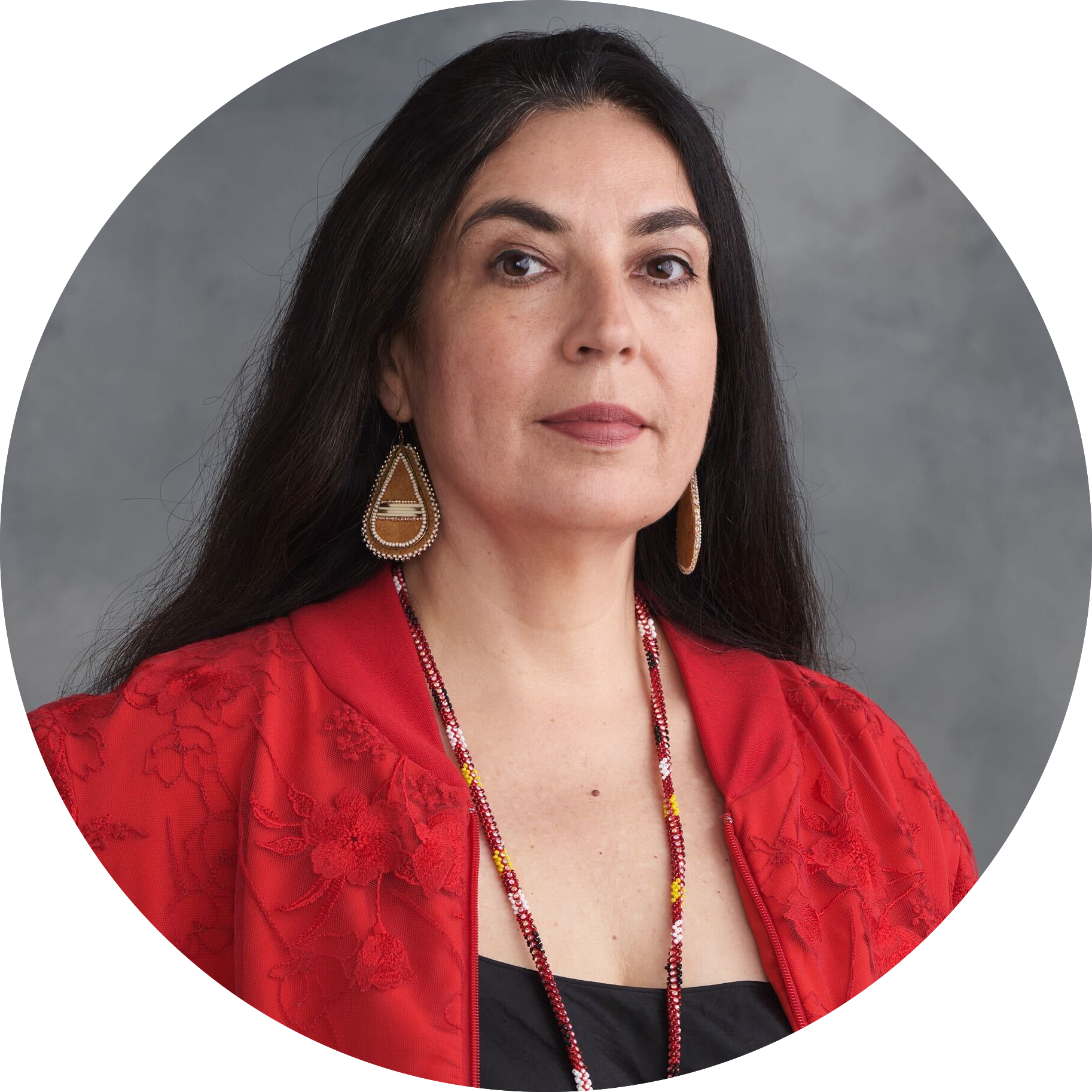
The root of the problem in northern Ontario
This story about a lawsuit involving First Nations in northern Ontario has deep roots — in...
This is a guest post by David Suzuki.
No matter what anyone says during this long federal election campaign, climate change is the biggest threat to Canadians’ health, security and economy. The scientific evidence is incontrovertible, the research wide-ranging and overwhelming.
Wastefully burning fossil fuels at such a rapid rate is jeopardizing the planet’s life-support systems — harming human health, destroying landscapes and habitat, causing widespread extreme weather events and contributing less to the economy and job-creation than clean energy development. Not only that, our rate of using and exporting these fuels means reserves will be depleted before long. In the meantime, as easily accessible sources run out, fossil fuels have become more difficult, dangerous, expensive and environmentally damaging to exploit.
Canada has a long history of extracting and exporting raw resources to fuel its economy. But that’s no longer a sensible long-term plan, especially with non-renewable resources. It’s incomprehensible that a country with such a diverse, educated, innovative and caring population can’t get beyond this outdated way of doing things. The recent oil price plunge illustrates the folly of putting all our eggs in one fossil fuel basket.
As world leaders prepare for the December UN climate summit in Paris, we need our government to play a responsible, constructive role. Canada has been chastised at previous summits for obstructing progress and working to water down agreements. The summit’s goal is for all the world’s countries to reach a legally binding pact on climate change and greenhouse gas emissions to keep global average temperatures from rising more than 2 C, the threshold beyond which experts and world leaders agree could bring catastrophic consequences.
The consequences are already severe and will get worse if we don’t act. Increasing extreme weather, including heat waves, floods, droughts and storms put lives, agriculture and economies at risk. Subsequent conflicts over resources reduce global security and exacerbate refugee problems. Pollution from burning fossil fuels increases heart disease and respiratory illnesses, including asthma. Deep-sea drilling, oil sands mining and mountaintop removal destroy the ecosystems, habitat, wildlife and natural capital on which our health and survival depend.
Everyone seeking election must get serious about the climate, so no matter which party or parties form government after October 19, Canada will be part of the solution.
Continuing with business as usual will only ensure more extreme weather leading to floods and droughts; negative health impacts, including increases in premature deaths; harm to food production and security; more pipeline, rail and marine accidents; and missed opportunities to diversify the economy.
Although climate change, resource development and infrastructure have been raised in this election, the talking points don’t always match the severity of the problem. It’s up to all of us as voters to question candidates and inform ourselves about the various party platforms before casting ballots — and to make sure all the parties and their candidates listen and make climate change a priority.
Canada is a great country, an example to the world of how people with diverse views, backgrounds and cultures can live well together and take care of each other. We are blessed with spectacular nature, abundant clean water, fertile agricultural land, rich resources, an educated populace, vibrant democratic traditions and strong social programs. But we can’t take any of it for granted. We must protect what we have and strive to be better, to move beyond our outdated ways of thinking and acting.
There are numerous election issues that can’t be ignored, including health, child care, jobs and the economy, infrastructure, education, international trade and relations, and our global responsibility to confront terrorism. Addressing climate change by shifting from the short-term prospects of the polluting fossil fuel economy to a more stable, healthy, green economy would go a long way to reducing health-care costs, creating jobs, diversifying the economy and improving our international reputation.
We have an important choice, as voters and as a country. We can heed the scientists, health-care specialists, religious leaders, politicians, international organizations, business people and citizens around the world who say we no longer have time to lose when it comes to protecting the climate and ourselves. Or we can carry on as if nothing is wrong, and live with the mounting consequences.
Exercising your democratic right as a voter is a critical step.
Written with contributions from David Suzuki Foundation Senior Editor Ian Hanington.
Learn more at www.davidsuzuki.org.
Content for Apple News or Article only Get the inside scoop on The Narwhal’s environment and climate reporting by signing up for our free newsletter. This...
Continue reading
This story about a lawsuit involving First Nations in northern Ontario has deep roots — in...

At a crucial point in their research, biologists are scrambling to find new support for...

From True Detective to The Grizzlies, the Inuk actor is known for badass roles. She's...

